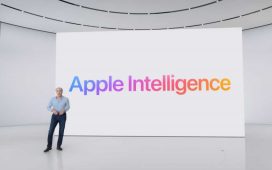
It would make a huge reduction in energy demand.
Privacy
The big problem stopping many enterprises from permitting employees to use genAI for work is privacy. Business users do not want their secrets to slip into the public’s view, nor do they want confidential documents shared with servers over which they have no control. This has led many big firms to ban employees from using ChatGPT with company data.
Another response is the evolution of private genAI services, such as the one recently introduced in France by Orange Business and LightOn. By hosting its own cloud-based GenAI-as-a-service on its own servers, Apple could place a mantle of security around those services.
But it can make those services even more secure by using its own built-for-privacy chips to process the data. This would likely reflect the company’s commitment around privacy and security, and could conceivably see really important data held only on the device, encoded using iCloud authorization, encrypted and made completely secure.
If that’s true, then Apple’s genAI offer becomes a series of useful services that any business professional can safely use; this could form part of a strong and viable response to Microsoft Copilot, powered by OpenAI. After all, open does not beat closed when it comes to confidential or regulated data.
Services
As noted recently, Apple management seems very confident that services income will increase in the current quarter. That confidence must be based on something: either existing services revenue is becoming stable and accelerating, or the company plans to accelerate service take up, possibly with new services.












